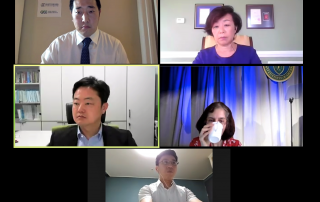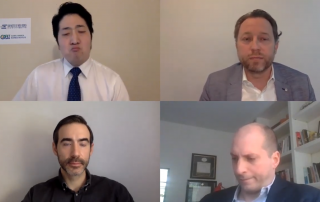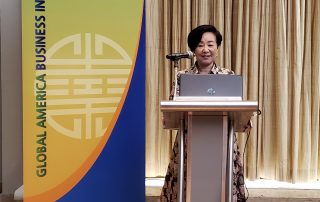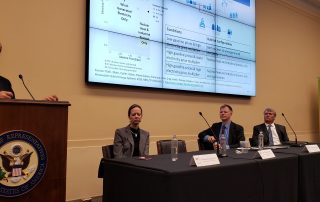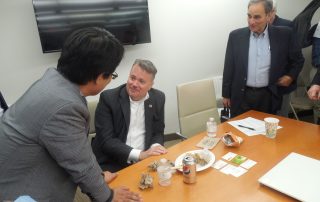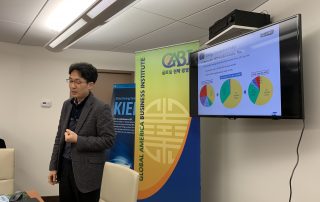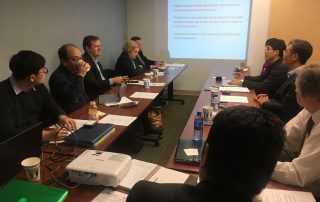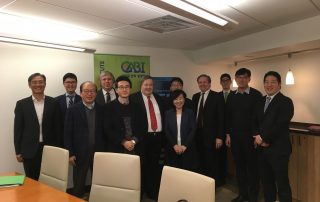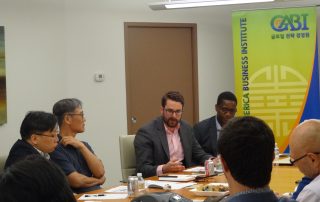GABI hosts regular roundtable dialogue on policy, technology and market developments focused on clean energy. These discussions actively promote a deeper understanding about Korea’s green technologies while trying to facilitate commercial and technical cooperation between the United States and Korea.
Hydrogen and Fuel Cell R&D
Hydrogen can be produced from many different energy resources, and it has diverse applications and uses across many different sectors and industries. Thus, many national governments are looking to invest in hydrogen technologies as significant contributors to meeting their future energy needs and decarbonization/environmental goals. For example, both the US and Republic of Korea have

